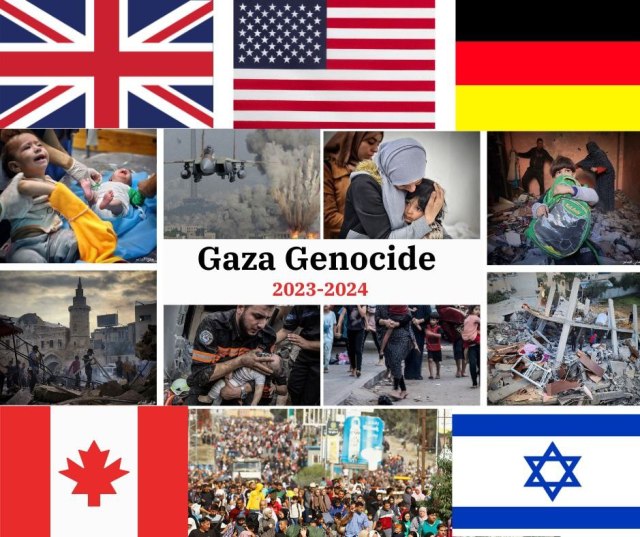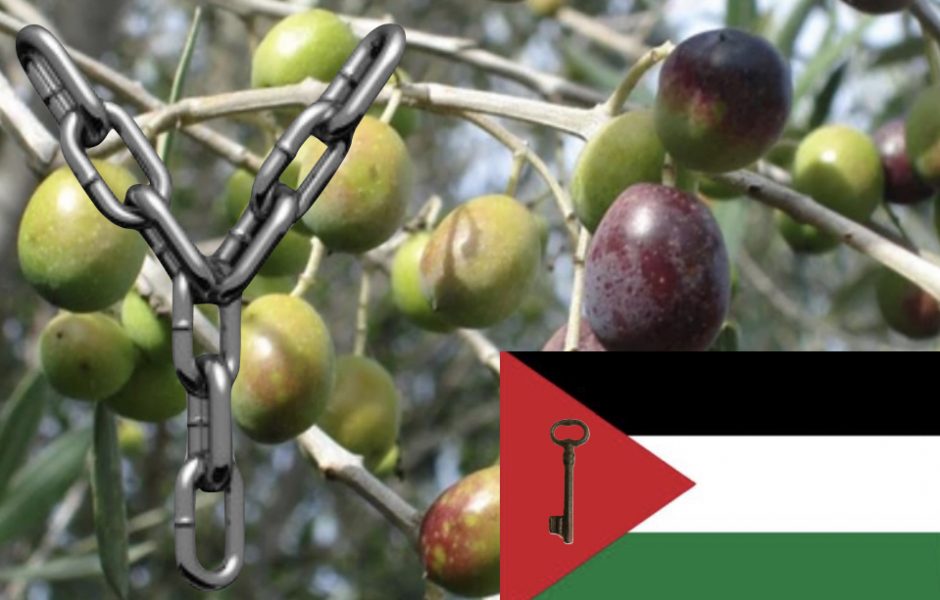
The South African genocide case filed with the International Court of Justice (ICJ) against Israel, accusing it of committing genocide against the Palestinian people in Gaza during the war that began in October 2023, has revealed the hypocrisy of some nations that have always claimed to protect human rights and uphold high moral standards.
Israel
President Isaac Herzog condemned the lawsuit, stating that “there is nothing more atrocious and preposterous.
United States
Voiced strong opposition, labeling South Africa’s submission as “meritless, counterproductive, and completely without any basis.
European Union
Maintained mostly silence on the ICJ case.
United Kingdom
Refused to support South Africa’s case, raising accusations of double standards due to submitting legal documents on Myanmar’s alleged genocide against the Rohingya community.
Canada
Prime Minister Justin Trudeau rejected the case, emphasizing support for the UN’s top court while disapproving of the case’s premise.
Germany
Announced plans to intervene, firmly rejecting the genocide accusation against Israel.
While these countries have taken their shameful stances, their objections to a case with humanitarian implications raise concerns. The rejection of South Africa’s genocide case against Israel, particularly by the United States, the United Kingdom, Canada, and Germany, challenges the pursuit of justice for human rights violations. Such opposition underscores the complexities of international relations, where political considerations sometimes overshadow the pursuit of accountability for grave humanitarian offenses. The case serves as a reminder of the intricate dynamics surrounding geopolitical decisions and their impact on global efforts to address human rights abuses through legal avenues.
The stance taken by Germany and the United Kingdom in response to South Africa’s genocide case against Israel raises notable contradictions in light of their historical contexts concerning genocide. Germany, given its dark history and crimes against humanity, firmly rejects the genocide accusation against Israel for committing ethnic cleansing against Palestinians. This stands in contrast to its alleged commitment to the UN Genocide Convention, which is undoubtedly a contradiction.
On the other hand, the United Kingdom’s refusal to support South Africa’s case, coupled with its recent submission of detailed legal documents regarding Myanmar’s alleged genocide against the Rohingya community, invites scrutiny. The contradiction lies in the UK’s seemingly selective approach to acknowledging and addressing genocidal allegations. Critics argue that such a stance may be perceived as a double standard, where historical awareness of genocide does not consistently inform the UK’s responses to contemporary accusations. This contrast highlights the complexity and nuances surrounding the interpretation and application of historical lessons in the context of international relations.
